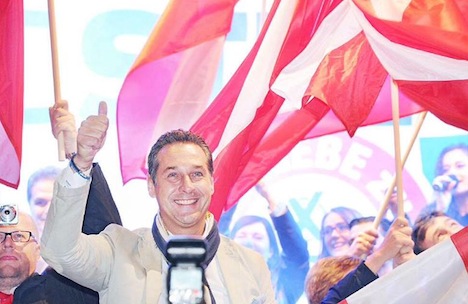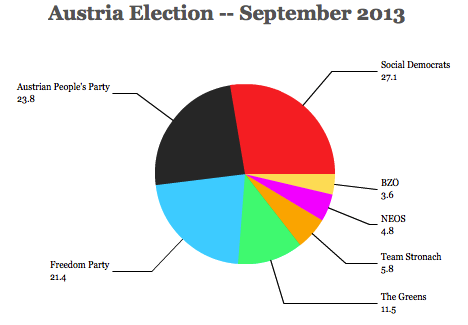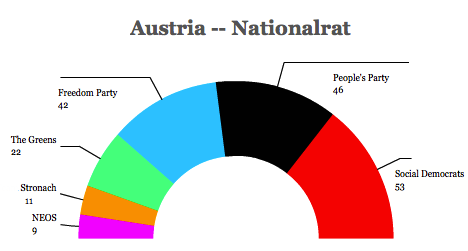Though we don’t have any election results yet, Guinea successfully held long-delayed parliamentary elections on Saturday, which in itself marks a milestone in the west African country’s democratic development as the first direct parliamentary vote since independence from France in 1958.
Originally scheduled to be held in June 2007, and then allegedly to be held following Guinea’s first direct presidential election in 2010, the elections were rescheduled time after time until earlier this summer, when the government of Guinea’s president Alpha Condé finally agreed to a UN-brokered deal with supporters of his rival Cellou Dalein Diallo (pictured above) to provide for a peaceful, free and fair set of elections — the vote will clear the way for around $200 million in financial aid from the European Union.
Politics in Guinea, a country of just 10.25 million, largely falls on ethnic lines. Condé counts on the Malinke ethnic group (around 30% of Guinea’s population) in the northeast to support his Rassemblement du Peuple Guinéen (RPG, Rally for the Guinean People). Diallo counts on the Fula group (around 40% of the population) in the northeast to support his Union des Forces Démocratiques de Guinée (UFDG, Union of Democratic Forces of Guinea), with Condé consolidating support from among the coastal Susu group (around 20%) in the 2010 election to defeat Diallo.
This weekend’s vote to determine the members of Guinea’s Assemblée nationale (National Assembly) will set the stage for the next direct presidential election scheduled to take place in 2015.
Despite relative mineral wealth — chiefly through bauxite, an aluminum ore that constitutes over three-fifths of Guinean exports — the country’s GDP per capita is almost one-half of neighboring Senegal’s. There are a lot of historical and institutional reasons for that disparity — Guinea was the only country in west Africa to elect independence in 1958, which severed the links between Guinea and France, even after African independence became a fait accompli two years later. That meant that Guinea took a turn toward an authoritarian, socialist economy under the aegis of the Soviet Union through the Cold War under its first post-independence leader Ahmed Sékou Touré. Economic reform and a somewhat less harsh political environment under the rule of Lansana Conté between 1984 and 2008 improved the lives of Guineans, but the country lags behind its potential output.
Conté’s death allowed Guinea’s turn, after a half century, toward democracy, though it’s been a difficult transition. Saturday was the four-year anniversary of the killing of around 150 pro-democracy activists in Conakry, the Guinean capital, and around 50 activists have been killed in the leadup to Saturday’s elections.
Though Condé fought for years to bring democracy to Guinea, Diallo has challenged his government for ruling the country as an autocrat, and there are fears that the progress, however fragile, of the past four years may already be unraveling, especially if the government and opposition cannot agree whether the election was fundamentally fair, exacerbating historic ethnic tension between the Fula and Malinke groups: Continue reading Guinea holds successful elections after six-year delay



